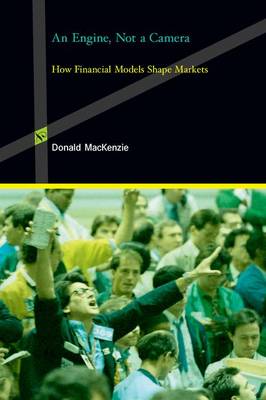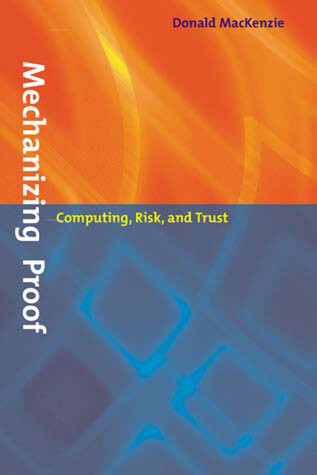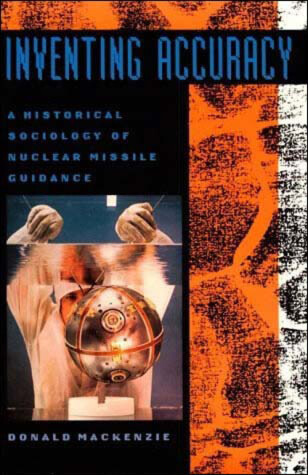Inside Technology
4 total works
He also looks at finance theory that is somewhat beyond the mainstream -- chaos theorist Benoit Mandelbrot's model of "wild" randomness. MacKenzie's pioneering work in the social studies of finance will interest anyone who wants to understand how America's financial markets have grown into their current form.
MacKenzie argues that our culture now contains two ideals of proof: proof as traditionally conducted by human mathematicians, and formal, mechanized proof. He describes the systems constructed by those committed to the latter ideal and the many questions those systems raise about the nature of proof. He looks at the primary social influence on the development of automated proof—the need to predict the behavior of the computer systems upon which human life and security depend—and explores the involvement of powerful organizations such as the National Security Agency. He concludes that in mechanizing proof, and in pursuing dependable computer systems, we do not obviate the need for trust in our collective human judgment.
Donald MacKenzie follows one line of technology—strategic ballistic missile guidance through a succession of weapons systems to reveal the workings of a world that is neither awesome nor unstoppable. He uncovers the parameters, the pressures, and the politics that make up the complex social construction of an equally complex technology.
Two conceptual essays are followed by seven empirical essays focusing on the laser gyroscopes that are central to modern aricraft navigation technology, supercomputers (with a particular emphasis on their use in the design of nuclear weapons), the application of mathematical proof in the design of computer systems, computer-related accidental deaths, and the nature of the knowledge that is needed to design a nuclear bomb.



